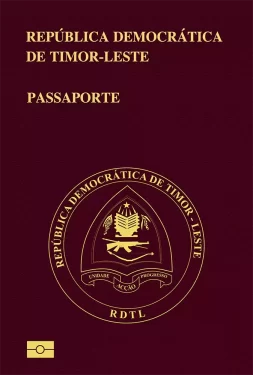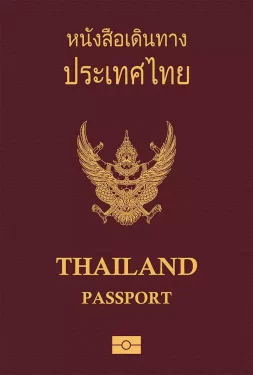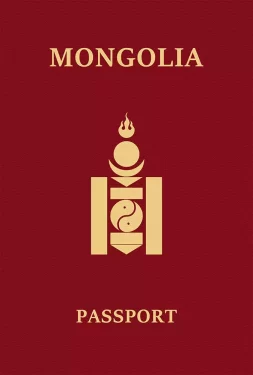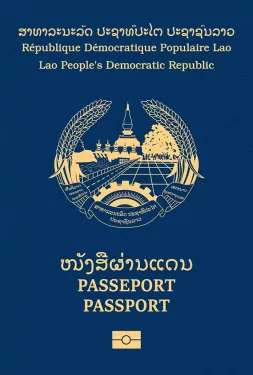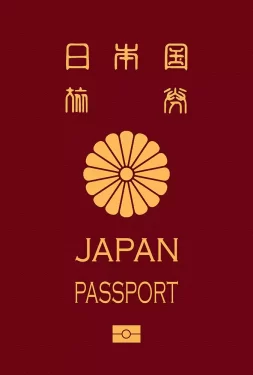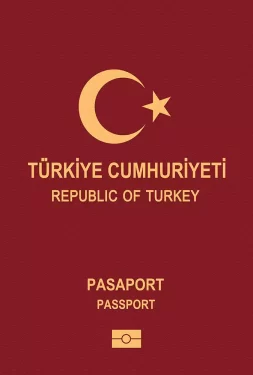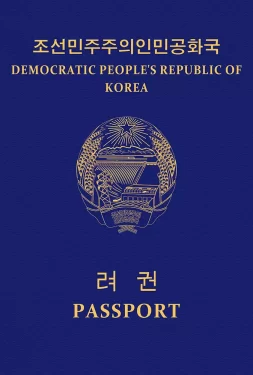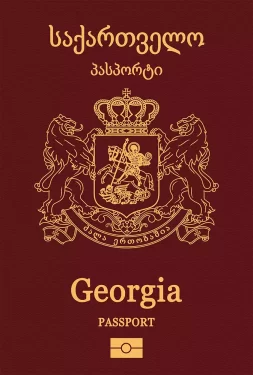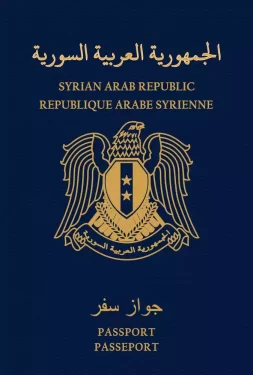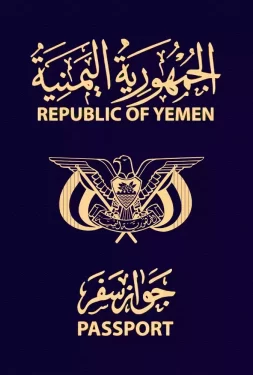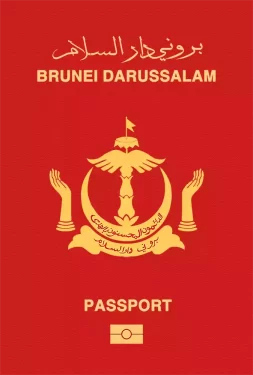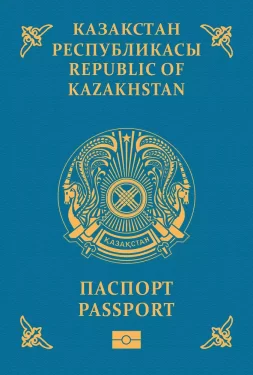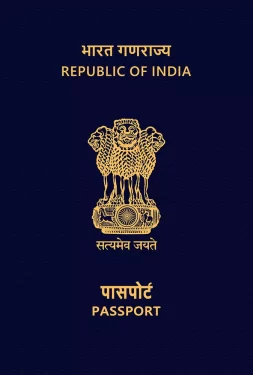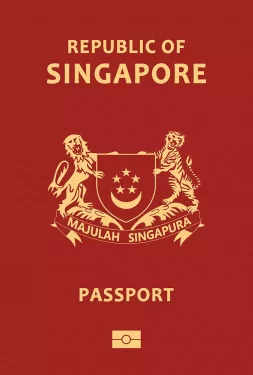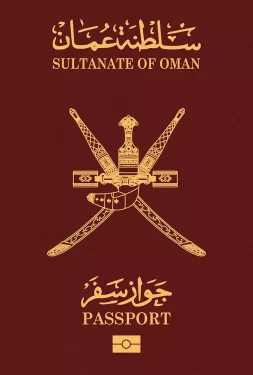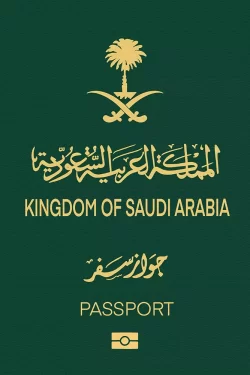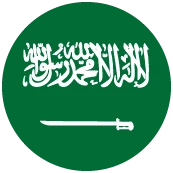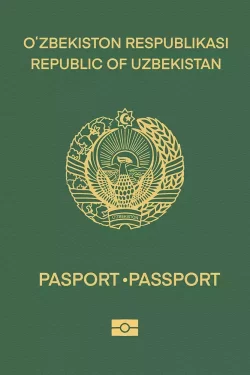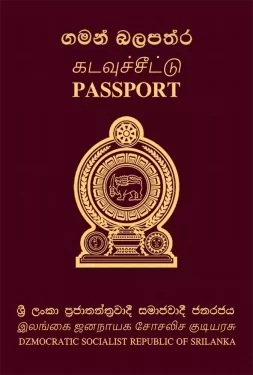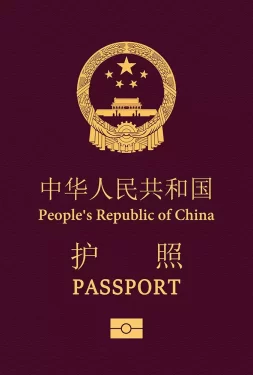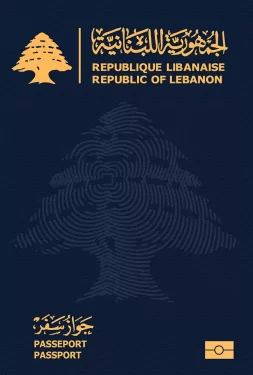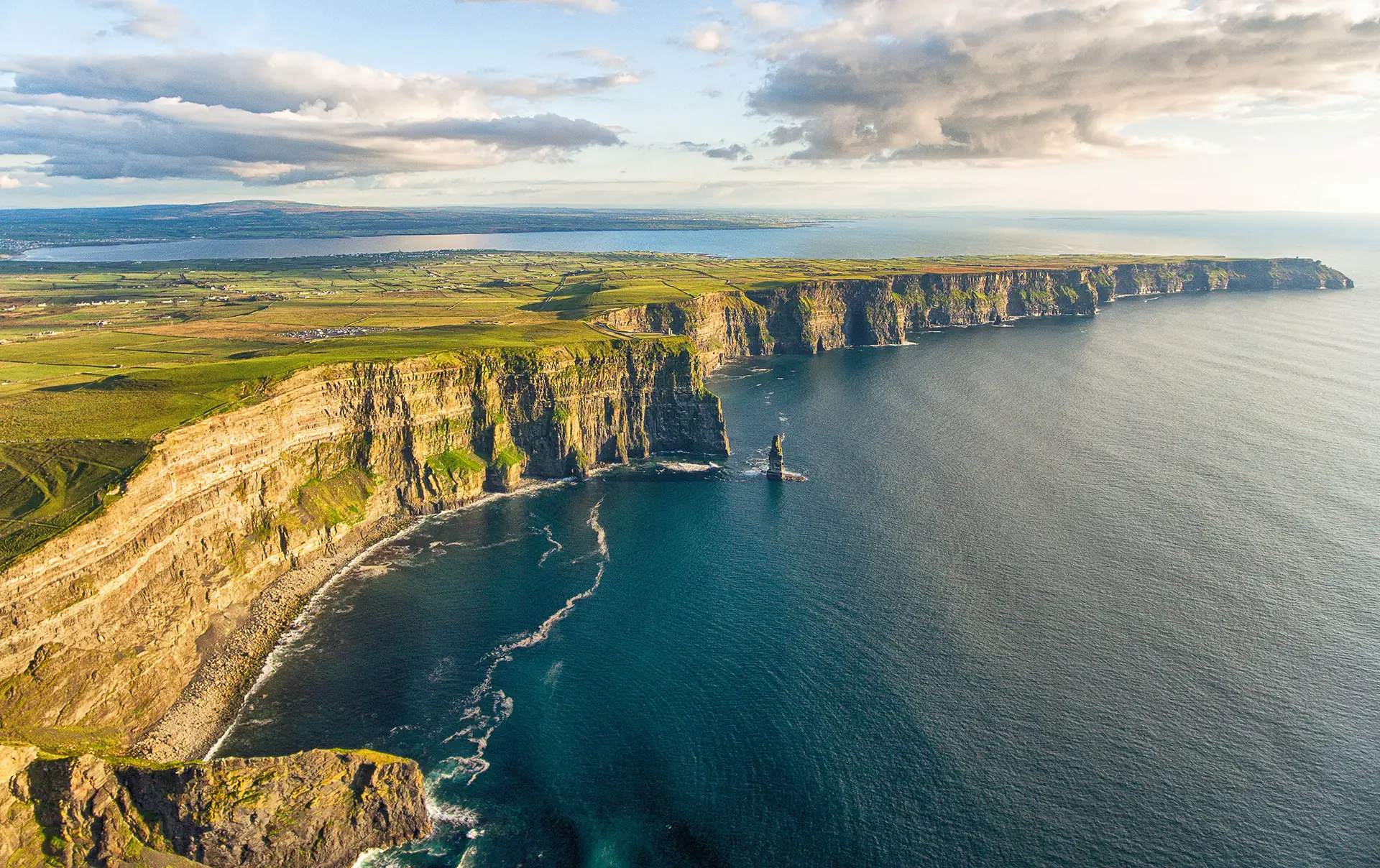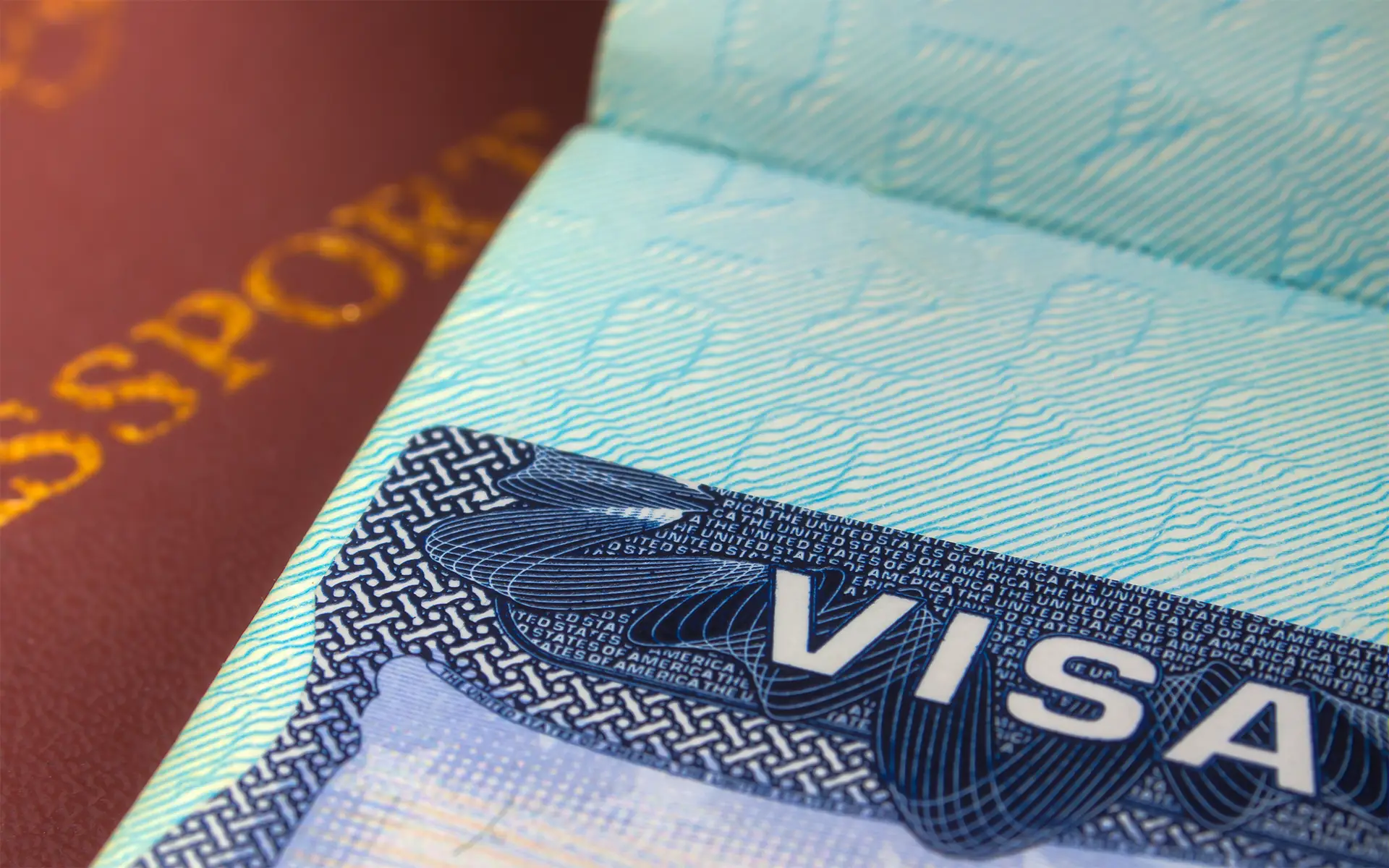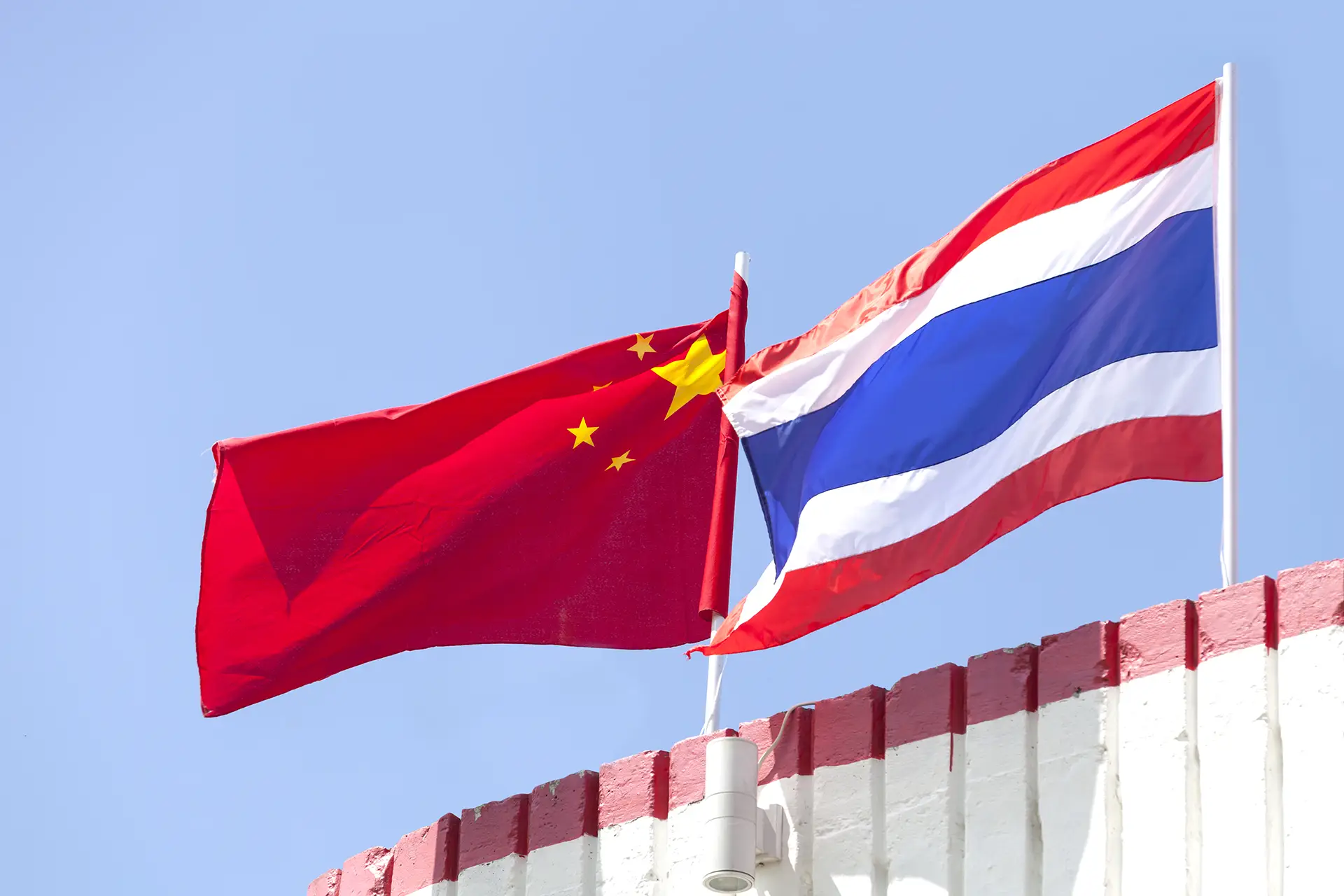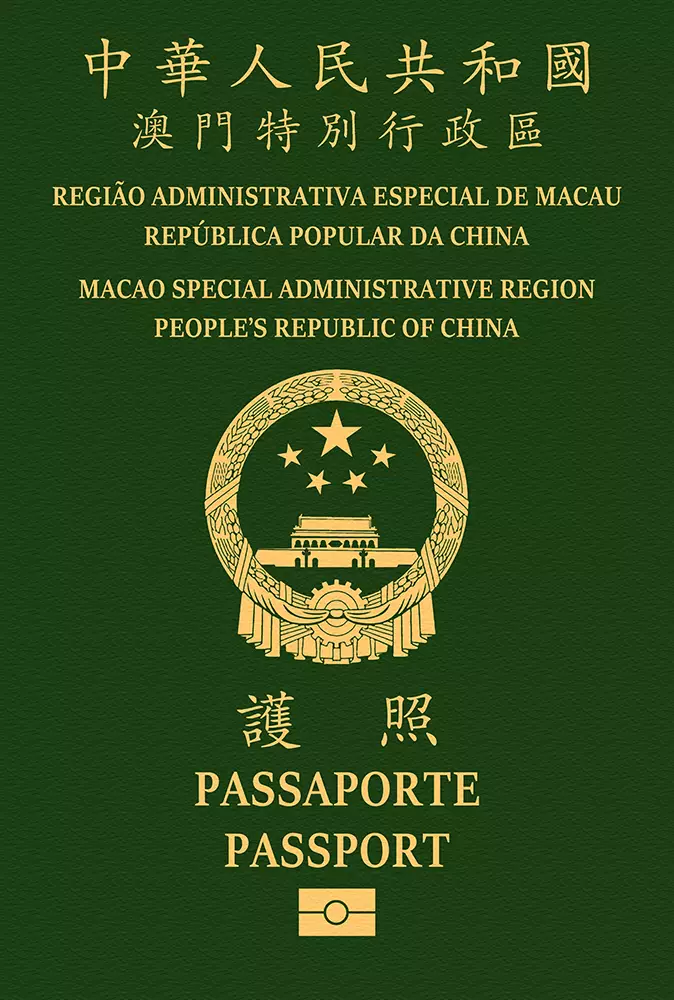

Macao
Macao passport ranking
The Macanese passport is currently ranked 31st place on the Guide Passport Index. It provides visa-free access to 146 countries. It is considered a desirable passport in the world with a high mobility score. Macanese passport holders have visa-free access and visas on arrival to destinations such as Brazil, the European Union, Russia, the United Kingdom and the United Arab Emirates, allowing almost instant travel worldwide. Macanese passport holders do however require a visa to enter about 83 destinations in the world. Some countries where a visa is required are Australia, India, Ukraine, and the United States.
Macao Passport Ranking
The Macao passport ranking relative to other global passports is calculated by adding up the number of countries that allow Macao passport holders to enter without a visa (i.e. visa-free countries) and those that allow Macao passport holders to enter by obtaining a visa on arrival (i.e. visa-on-arrival countries) or electronic travel authorization (eTA). There are currently a total of 112 Macao passport visa-free countries, 31 Macao visa-on-arrival countries, and 3 eTA destinations.
Altogether, Macao passport holders can enter a total of 146 destinations—either without a visa, through a visa on arrival, or via an eTA. As a result, the Macao passport ranks 31 in the world.
Separate from these Macao visa-free countries and visa-on-arrival countries, there are 83 additional destinations in which Macao passport holders either need a physical visa to enter or an eVisa (i.e. visa required countries).
About Macao
The Macao Special Administrative Region of the People’s Republic of China is an autonomous region and a former Portuguese colony, divided into 7 parishes. The most important parishes are Nossa Senhora de Fátima, Santo António, and Nossa Senhora do Carmo. Macao is located in Eastern Asia, by the Pearl River Delta, 60 kilometers west of Hong Kong, and surrounded by the South China Sea in the south and east. It has a surface area of 115.3 square kilometers. The climate is humid subtropical with mild winters and warm rainy summers. The terrain is dominated by flat plains from extensive land reclamation.
The overall population is over 682,300 people. It is one of the most densely populated cities in the world. The largest airport is Macau International Airport (MFM) with more than 9 million yearly passengers. The airport provides access to destinations all across Asia.
Macanese culture is a blend of Portuguese and Chinese heritage. The main religions are folk religions, Buddhism and Christianity. The official languages are Cantonese, Mandarin, and Portuguese. The legal system is the Portuguese common law. The government type is a devolved executive-led system within a socialist republic. The chief of state is President of China Xi Jinping. The head of government is Chief Executive Ho Lat Seng. Elections take place every 5 years and the Chief Executive is elected indirectly by the Election Committee.
The official currency is the Macau Pataca (MOP) with the current exchange rate being MOP 8.05 to the USD. Macao has an open economy, generating a GDP of approximately $40 billion, making it the 6th largest economy in East Asia. Its citizens have a per capita income of $58,931. The GDP is mostly made up of the services industry only. The economy is highly dependent on its gambling industry, with gambling-related taxes accounting for over 75% of the government’s income.
Macao is a major resort city filled with a variety of urban and cultural attractions. It is especially known for its history and casinos, attracting tourists during winter and summer. Its gambling industry is considered 7 times larger than the one in Las Vegas. Some of the major attractions include the Macao Tower, the Ruins of St. Paul’s, Senado Square, A-Ma Temple, Fortaleza do Monte, the maritime museum, Guia Fortress, and Coloane Island. It has a total of approximately 39.4 million tourists visiting every year. The majority of tourists are originating from Mainland China.
